
A story called “Corinthian”
It was in 1936 that Georgette Heyer first had the idea of writing a story called “Corinthian”. Originally intended as a short story, she soon decided that “that title would do better for a full-length novel”. She told her agent that the story would make “a light, saleable Regency novel” that would very likely win editor Dorothy Sutherland’s approval as a serial in Woman’s Journal. Life intervened, however, and for some reason Georgette put the idea aside and got on with writing half a dozen other books. Throughout the 1930s, she pushed herself hard, producing two books a year for most of the decade for a total of sixteen novels. She also lived overseas, had a baby, moved house five times and was the sole family breadwinner for three challenging years while Ronald read for the Bar. During this time she also faced growing financial pressure as her own family as well as her extended family depended on her literary income – an unpredictable amount of money, which she received just twice a year. It is no wonder that late in 1939 and well into 1940 that Georgette found herself on the brink of collapse. It was not only her low blood pressure or the distress of having several more of her teeth extracted, or her worsening financial situation, but also the impending reality of War that undermined her peace of mind and affected her ability to write. As she told heragent, Leonard Moore:
I shall write two more books, because I must write them, but I am hag-ridden by fear of collapse. My head plays me up as soon as I put pen to paper – not painfully, but with waves of giddiness, general faintness, & what Wordsworth calls “Sinkings from me, Vanishings.” If I crack up, god knows what will be the end of it all.
Georgette Heyer to L.P. Moore, letter, 2 March 1940
I fear the extraction of my teeth, with the consequent prostration, was the straw that broke the camel’s back. It had to be done, but I wasn’t fit enough to stand it. I’m under doctor’s orders – in so far as it is possible for me to obey a doctor’s orders – but I don’t seem to get much better. I wake tired, & am exhausted by tea-time – having done almost nothing. It’s a nice situation, isn’t it? You can imagine what a perfect blank my mind is, as regards literary output. I realize I must do the mystery novel first, & quickly, but I’m anxious about the autumn book for Frere
Georgette Heyer to L.P. Moore, letter, 2 March 1940
Two books a year
A.S. Frere was the CEO of Heinemann and fast becoming a good friend and one of Georgette’s favourite people. She had been with Heinemann since 1925 and with Hodder & Storughton since 1935. By 1940, she had established a solid writing pattern of producing two books a year: a historical novel for Heinemann and a murder mystery for Hodder & Stoughton. The CEO of Hodder & Stoughton, Percy Hodder-Williams, was keen to publish Georgette’s historical novels as well as her detective stories, but this was something Georgette would never do. It is a testament to her writing skill that she was a bestselling author for both publishing houses, attracting a large and diverse readership in both genres. It must have been a challenge to write both modern and historical fiction – especially one after the other as she so often did in the 1930s. Georgette’s own preference, however, was for writing historical novels and it was to be through writing one of these that she found the escape she needed from the harsh realities of life after May 1940.
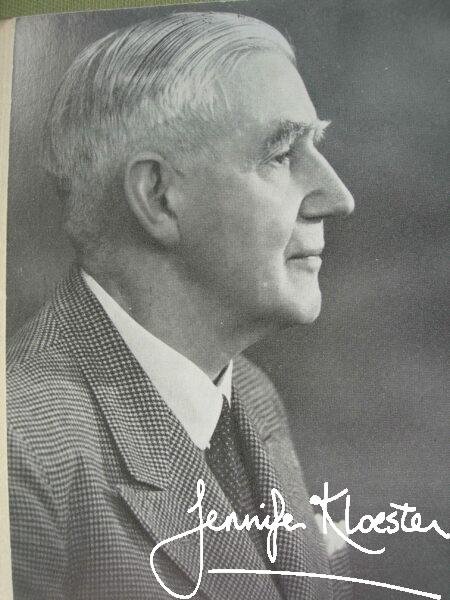
War!
Although war had been declared on 3 September 1939, for the next few months the period known as the “Phoney Way” allowed most people in Britain to get on with their lives in much the usual way. Unfortunately, it was the calm before the storm, for on 9 May 1940, Hitler ordered the invasion of Norway and Denmark and on 10 May the German army invaded France, Holland, Belgium and Luxembourg. Standing in the garden at Blackthorns, Georgette and Ronald could sometimes hear the faint sounds of guns across the Channel and only wonder what was happening to their loved ones. Ronald’s brother Leslie was a Lieutenant-Colonel in the Lancashire Fusiliers and commanding his battalion in Belgium, while Georgette’s brother Boris was somewhere in northern France. It is not surprising that Georgette was finding it difficult to write. In April she had sent a synopsis of her new detective novel to Hodder. It was to be called Christmas Party (the book became Envious Casca), but a month later Georgette felt compelled to write to her agent to say
‘I think it’s very unlikely that I shall write an extra book next year. I don’t seem able, at the moment, even to get on with Christmas Party. To be facetious in the face of the present situation is beyond me. I don’t know what will happen to me now. There isn’t a way out, & that’s the plain truth. My health continues obstinately poor … I don’t feel there is anything else to say: at the moment my mind is preoccupied by every kind of worry – not the least of them the whereabouts of my brother. We have not heard from him since the 11th May.
Georgette Heyer to L.P. Moore, letter, 18 May 1940
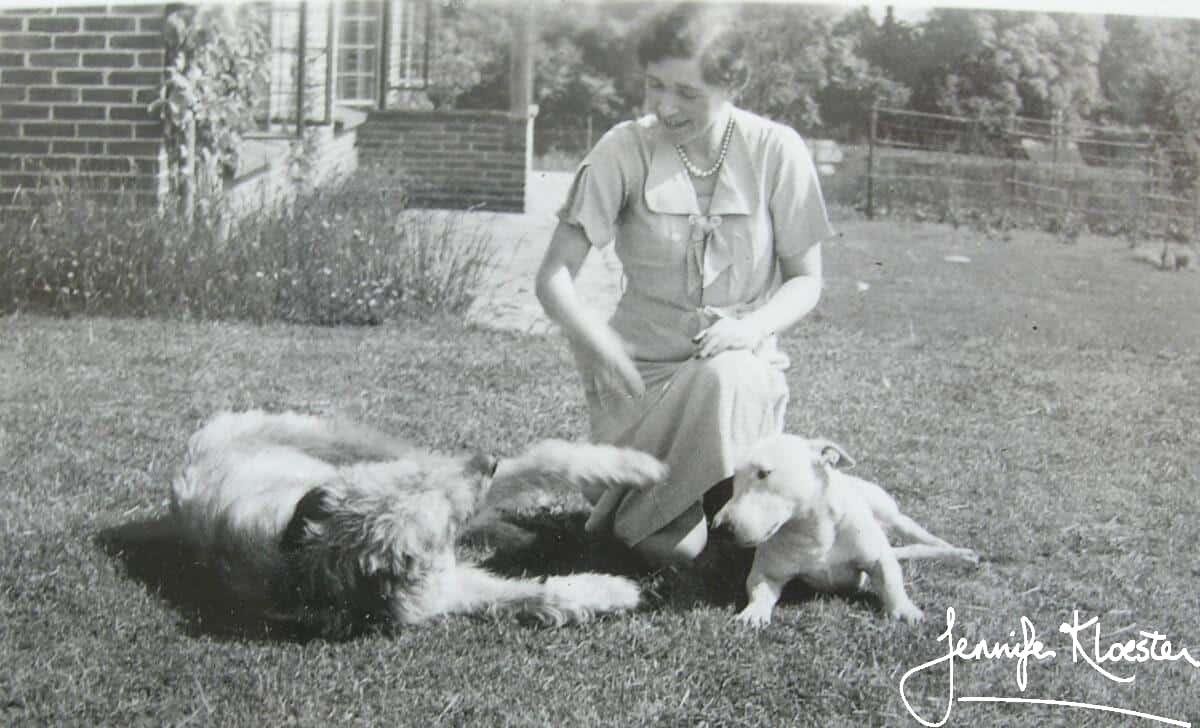
And death
Four days after writing this letter, Ronald’s brother, Leslie, was killed in action. He died from a shrapnel wound while leading his battalion at Tieghem Ridge in Belgium. Georgette and Ronald were devastated by the news.
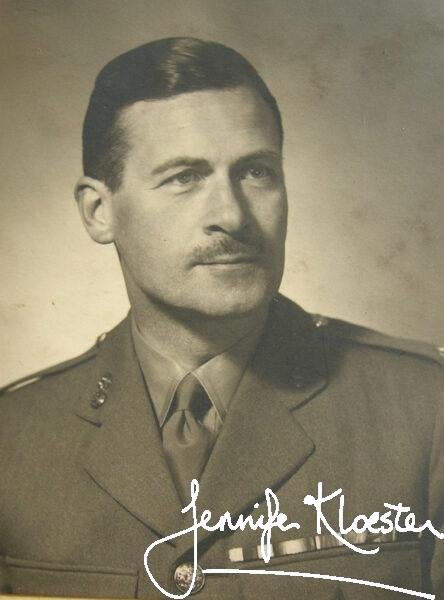
Anxieties
since writing Finis to the Spanish Bride I haven’t touched a pen. Now, the Bride was finished on Dec. 19th 1939. Since then I have been constantly ill, & have had my mind ravaged by personal anxieties as well as War anxieties. I feel exhausted, & out of tune, & my hand is stiff.
Georgette Heyer to L.P. Moore, letter, 15 June 1940.
By now Georgette’s anxieties had reached a peak and she realised that, for now at least, any attempt to write a witty modern novel about murder while young men were being killed in Europe was beyond her: “the very creation of modern people, talking modern slang, immediately makes me think of what is really happening to the young men today, & I feel real nausea at my own attempt at flippancy”. Unfortunately, she was under contract and obliged to deliver a book to Hodder and a book to Heinemann within the year. She was also the family’s main source of income, for, although Ronald had now qualified for the Bar and had a place in chambers in London, it would be some time before he had built a practice and an income stream that would help support them. Unable to finish Christmas Party, early in June Georgette woke to the idea of a new and very different type of novel from her Christmas murder mystery.
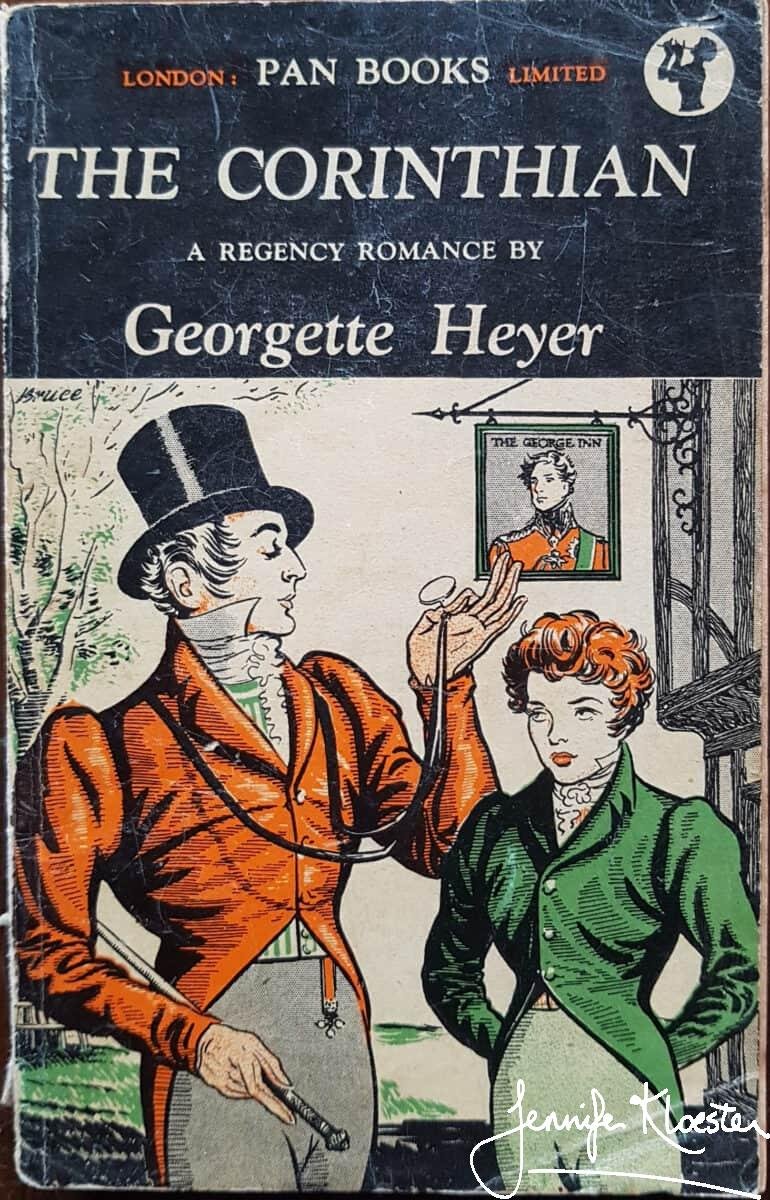
“An idea has occurred to me”
‘An idea has occurred to me. As I told you, I find myself almost entirely unable to write Christmas Party. The very fact of its being a modern book seems to be against it. There is no escape in it: my gorge rises at it, in fact. As I sat today, trying to spur up some interest in it, I found myself thinking: “if this were only a period book!” well, why not? At this rate I shall get no book written at all, which would be catastrophic. But I think perhaps I could write “Corinthian”.
Georgette Heyer to L.P. Moore, letter, 9 June 1940.
It is not often that Georgette Heyer explained in her letters why she wrote or how she felt about her books, but in 1940, struggling as she was to write at all and feeling the pressure of needing to deliver the promised manuscript to Hodder & Stoughton, she felt it necessary to explain her thoughts to Moore.
Every time I try to cope with Christmas Party, I find my brain either dwelling on the war, or weaving the details of a preposterous Regency romance. It would be an escape: modern books aren’t… If I can’t do both, I’ll do the Heinemann book, because (a) it would be a comforting book to write, all about a very different age; & (b) it is far more important to write the Heinemann book, because those are the ones I shall always write.
Georgette Heyer to L.P. Moore, letter, 9 June 1940.
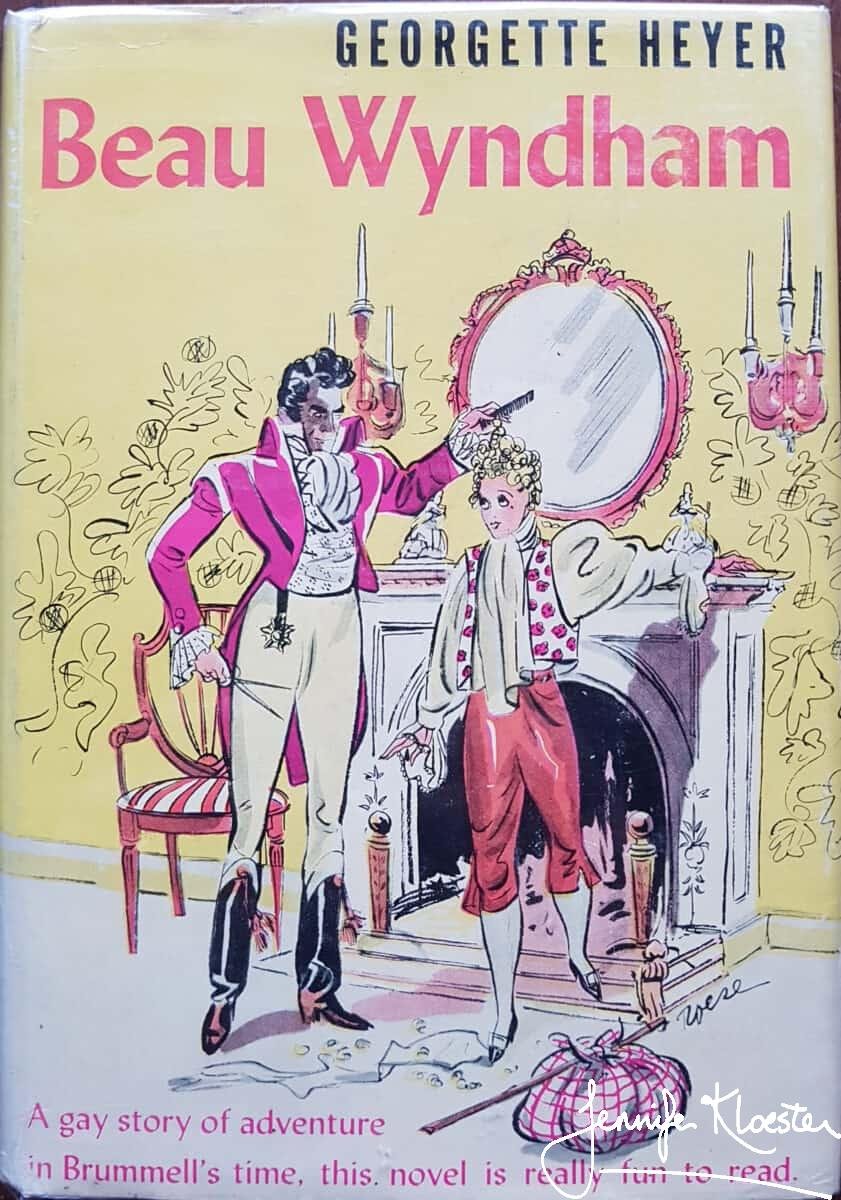

The true first edition has the building wrapped around the spine. 
The rare US first edition features Pen Creed in her boy’s clothing.
Georgette loved writing
For all the self-deprecating talk that gradually became part of her natural discourse, Georgette Heyer loved writing – and she loved writing her historical novels in particular. As she moved ever nearer to her “golden vein” – her Regency novels – she found increasing pleasure in telling those stories. She was always a natural and gifted storyteller with an extraordinary ability to create living, breathing characters whom she would then embroil in a riveting, entertaining plot. The Corinthian would be no exception. It is, as Georgette herself described it, “a bubble of a novel: romantic, improbable, & – we hope- a little sparkling.” It is that and much more. With its intelligent, disillusioned hero in Beau Wyndham and its unlikely heroine in young and courageous, Pen Creed, the novel takes its readers on an unexpected journey. Gone are the elegant London settings, dances at Almack’s or carriage races to Brighton, instead Georgettes sends her unlikely pair on an unexpected adventure. Pen and Richard are both prisoners of the society into which they are born and escape the demands of that ordered society in order to find freedom.
This was to be Georgette Heyer’s last cross-dressing novel and some commentators have pointed out the freedom which Pen’s male disguise affords her. They have also noted the subtle influences of the War that are apparent in the story. The theme of escape from life’s realities is one of the reactions to the War inherent in the book and there is no doubt that Georgette achieved her goal in finding her own kind of escape through writing The Corinthian. She also found a certain solace in its creation and it is one of her fast-written novels. Begun in June, she finished it in July. By 29 July 1940 she had the proofs in hand and The Corinthian was in the bookshops in October 1940. It proved to be perfect wartime reading and the literary critic, Frank Swinnerton, echoed many readers’ feelings when he reviewed The Corinthian in the Observer concluding that:
The result, highly unconvincing, is happiness for all, including the reader.
Frank Swinnerton, The Observer, October 1940.




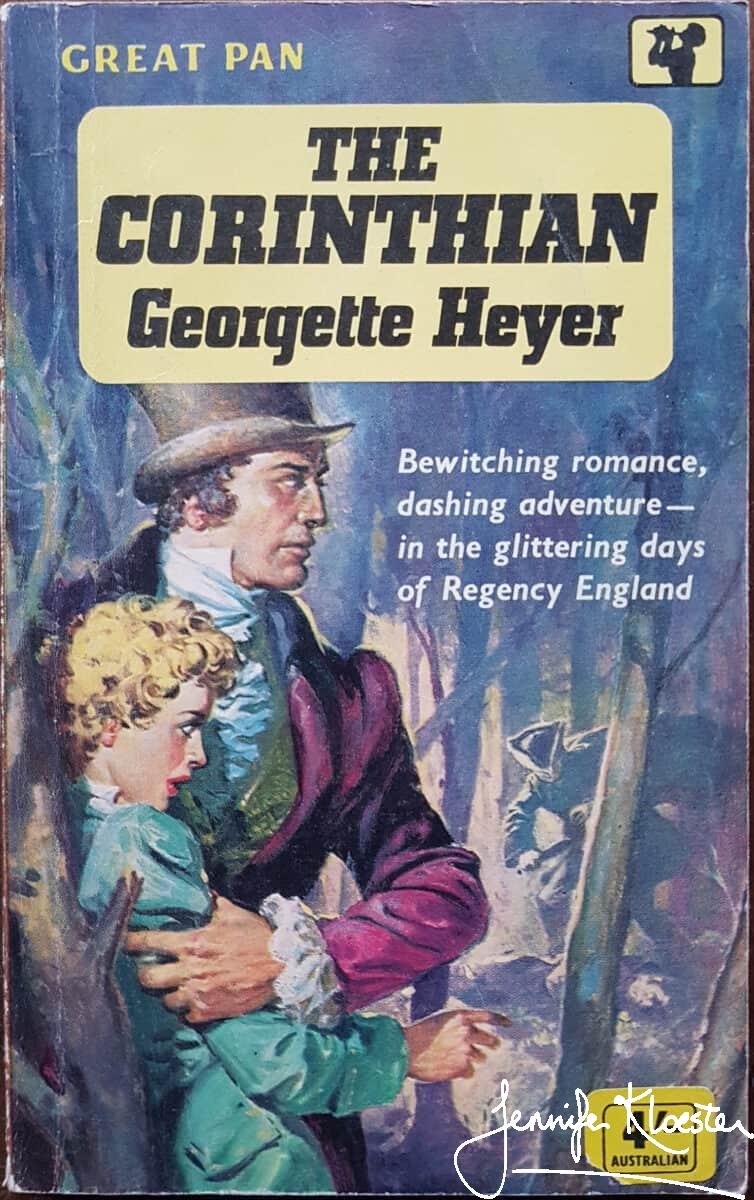
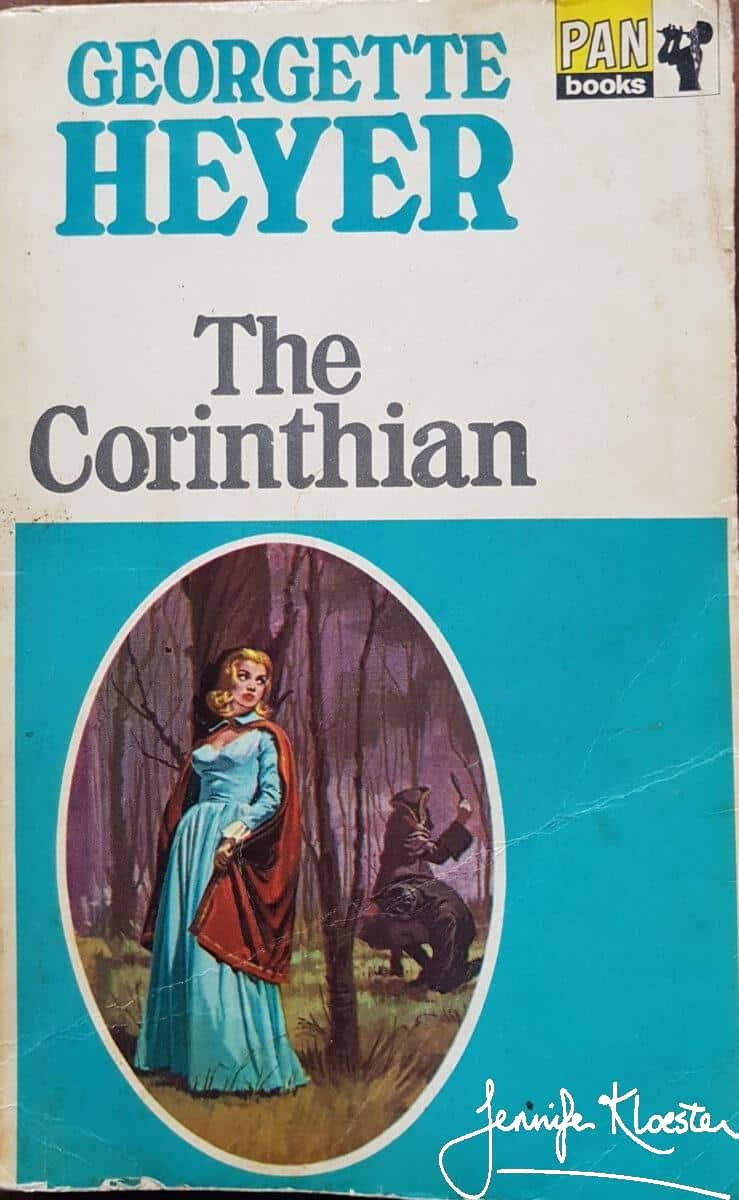


2 thoughts on “The Corinthian – a wartime favourite”
Thank you Jennifer – a feast of a story about a story being written! I cannot imagine the pressure to provide income from her writing that Georgette Heyer was under during the time span. And the sadnesses of the war…
I agree about the newspapers reviewer’s need to suspend disbelief in the plot, at the same time hugely enjoying the adventure and characters. I think I shall dip again in to this book as,, like many, I am feeling the need at this frightening moment in time of pandemic, for some lighthearted escape.
Lovely to have your message Sharman and very kind of you to write. I’m really pleased to know that you found the post interesting and I hope it enhances your rereading of The Corinthian. Definitely a favourite and I love knowing its origins and can relate so much of it to her need for escape from the War. I am so sorry you are having such an awful time with the pandemic. It’s a terrible situation and I feel incredibly lucky to be in Australia. In my state we endured a four-month hard lockdown during which I could not see my kids or my mum as we were not allowed to cross the “Ring of Steel” between our city and Melbourne. It was hard but worth it. Our government came in for a lot of criticism from some quarters but the vast majority of people were happy to abide by the lockdown and wear masks etc. We’re still wearing masks in shops and anywhere there’s close contact and we all seem happy to do it. I really wish for you a similar transition to the “new normal” and that you will stay safe and covid-free. We will get through this! Happy reading. There’s no doubt that Heyer is the perfect pandemic escape route. Warm wishes, Jen